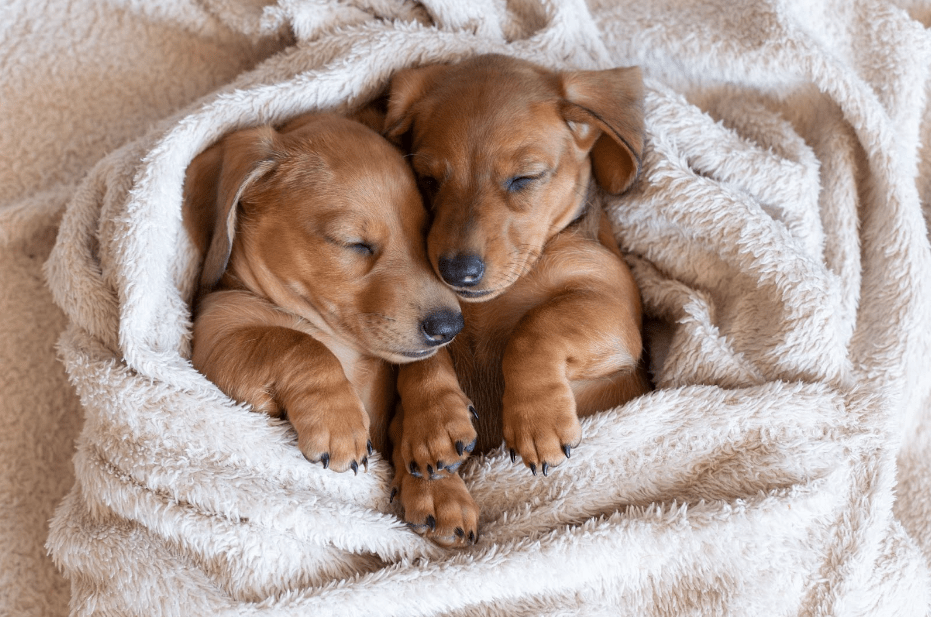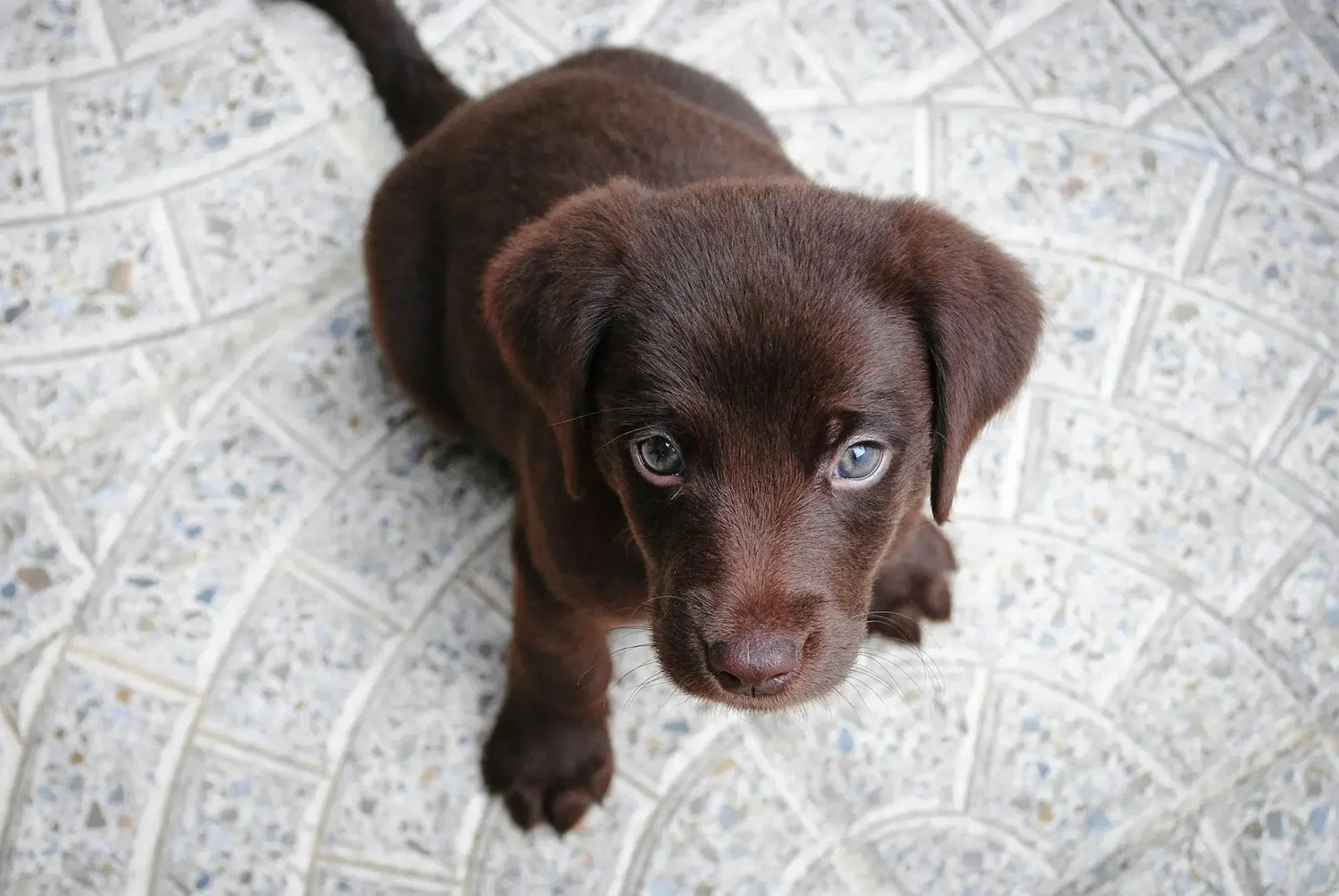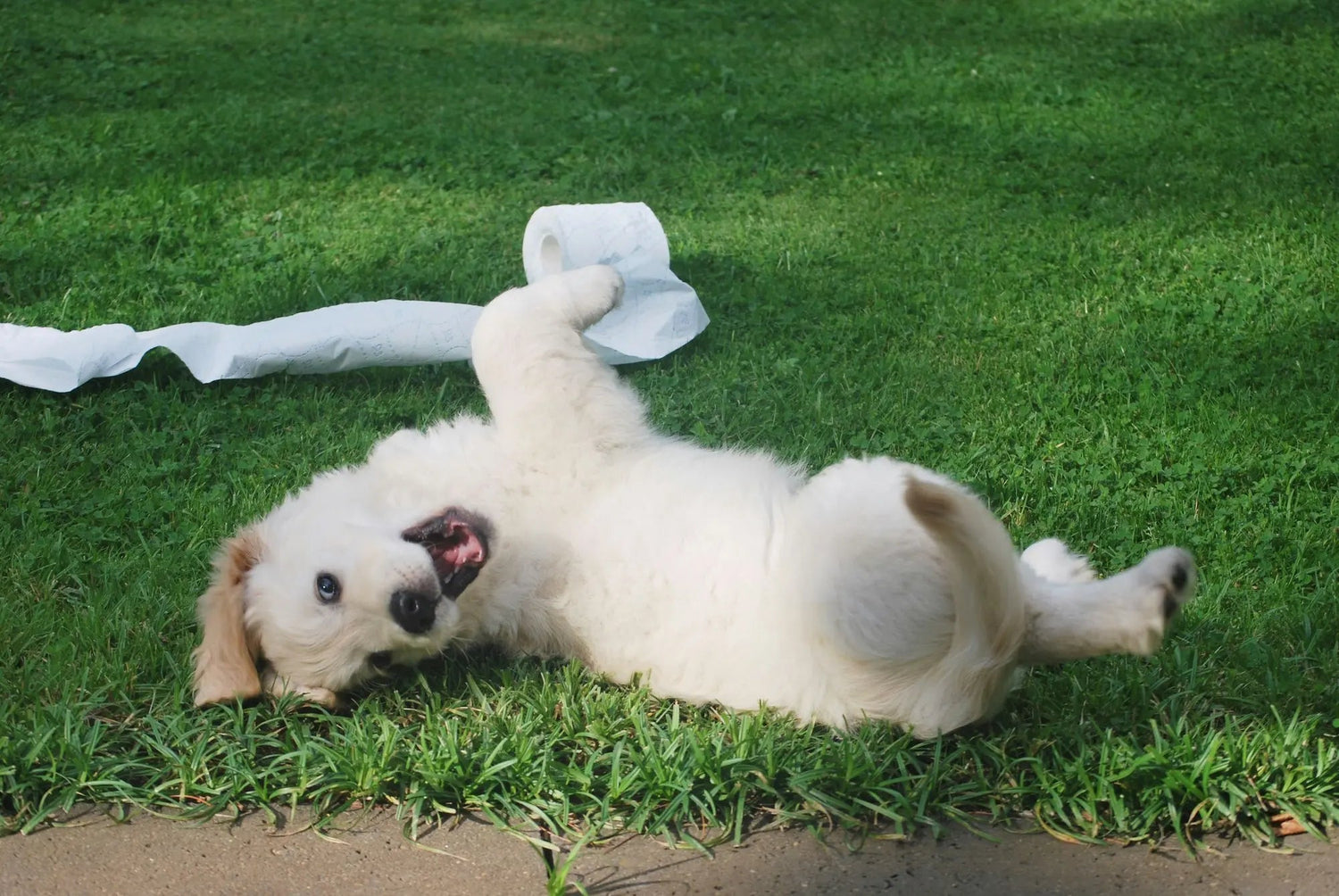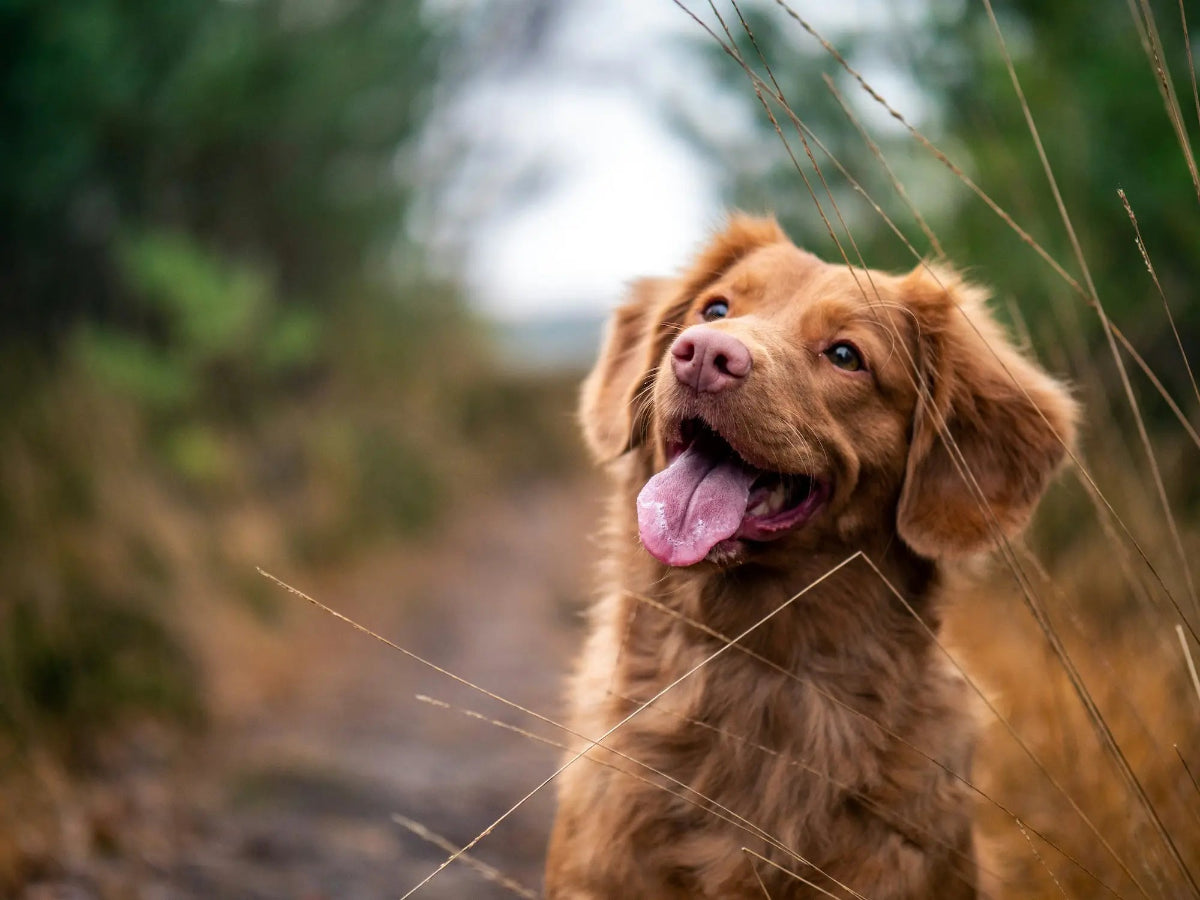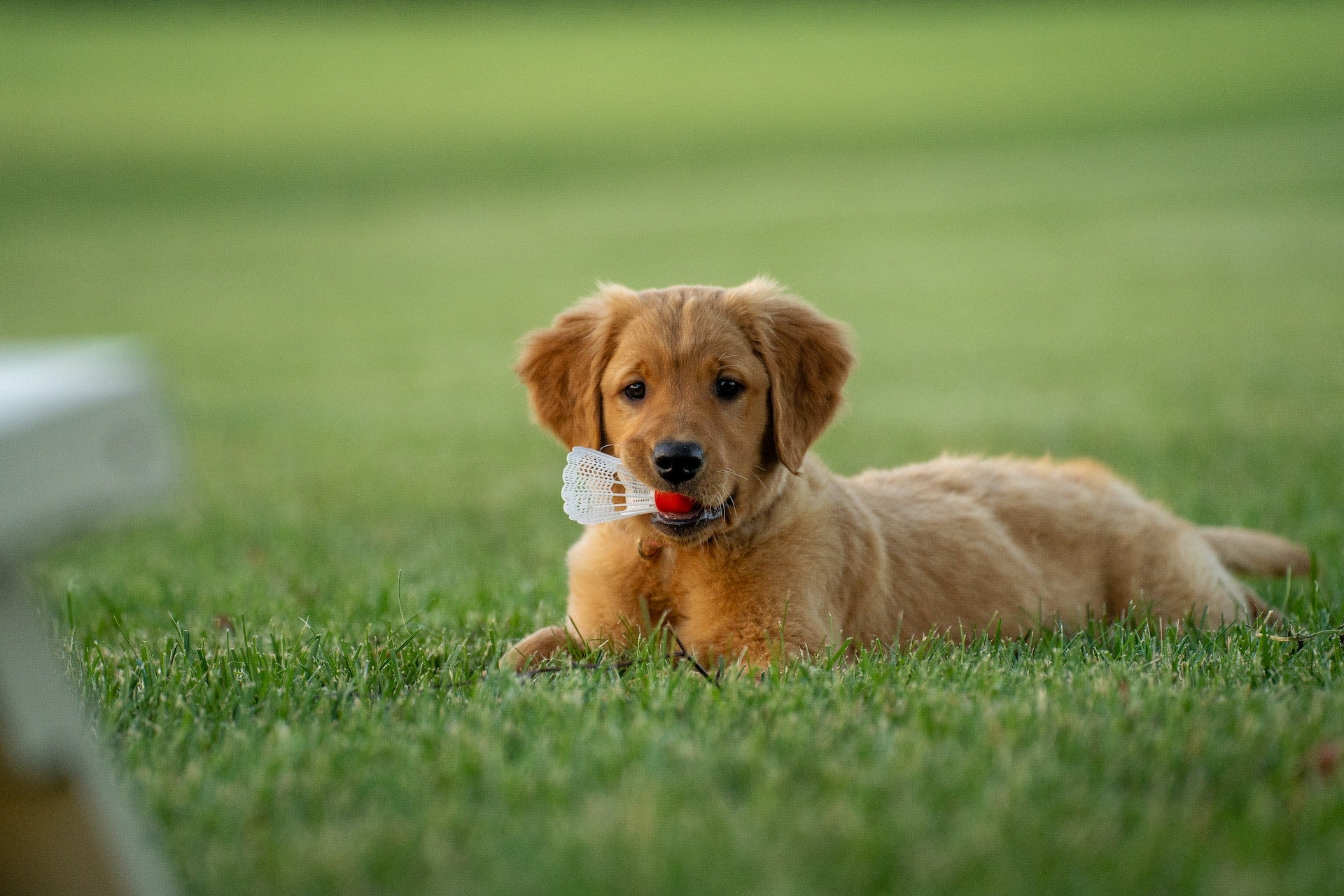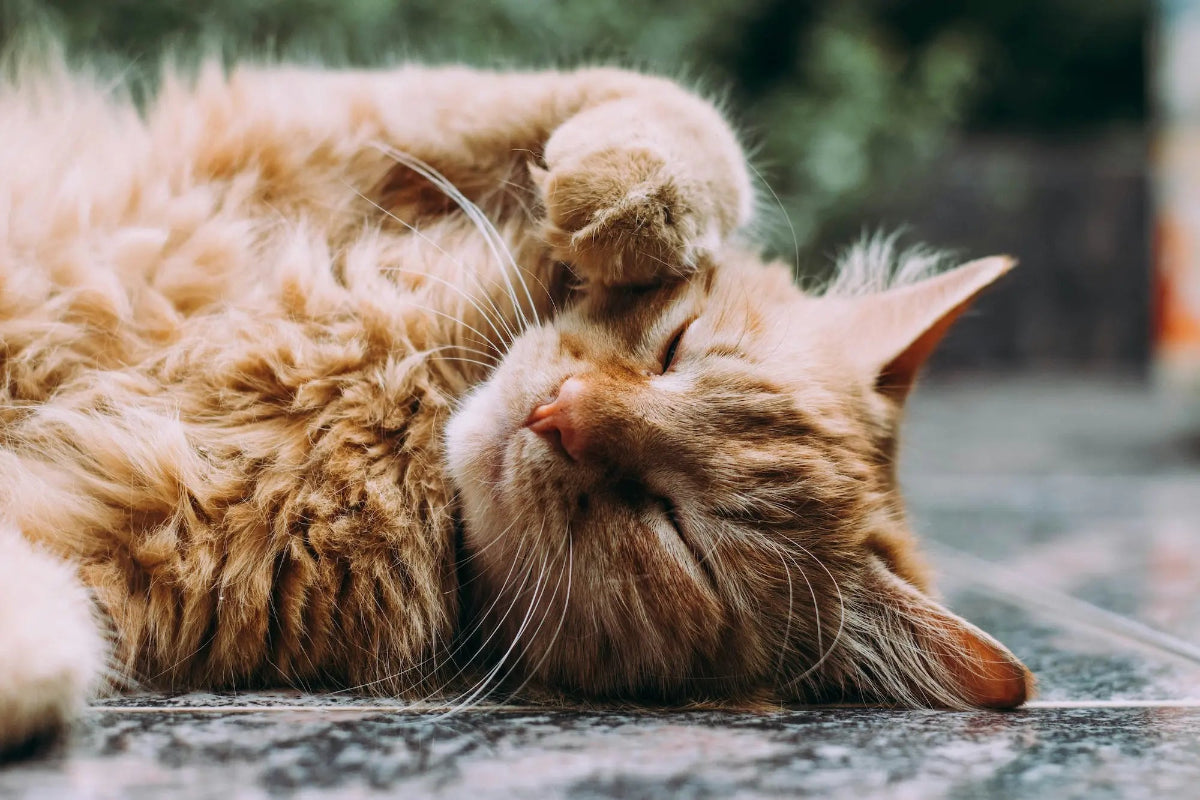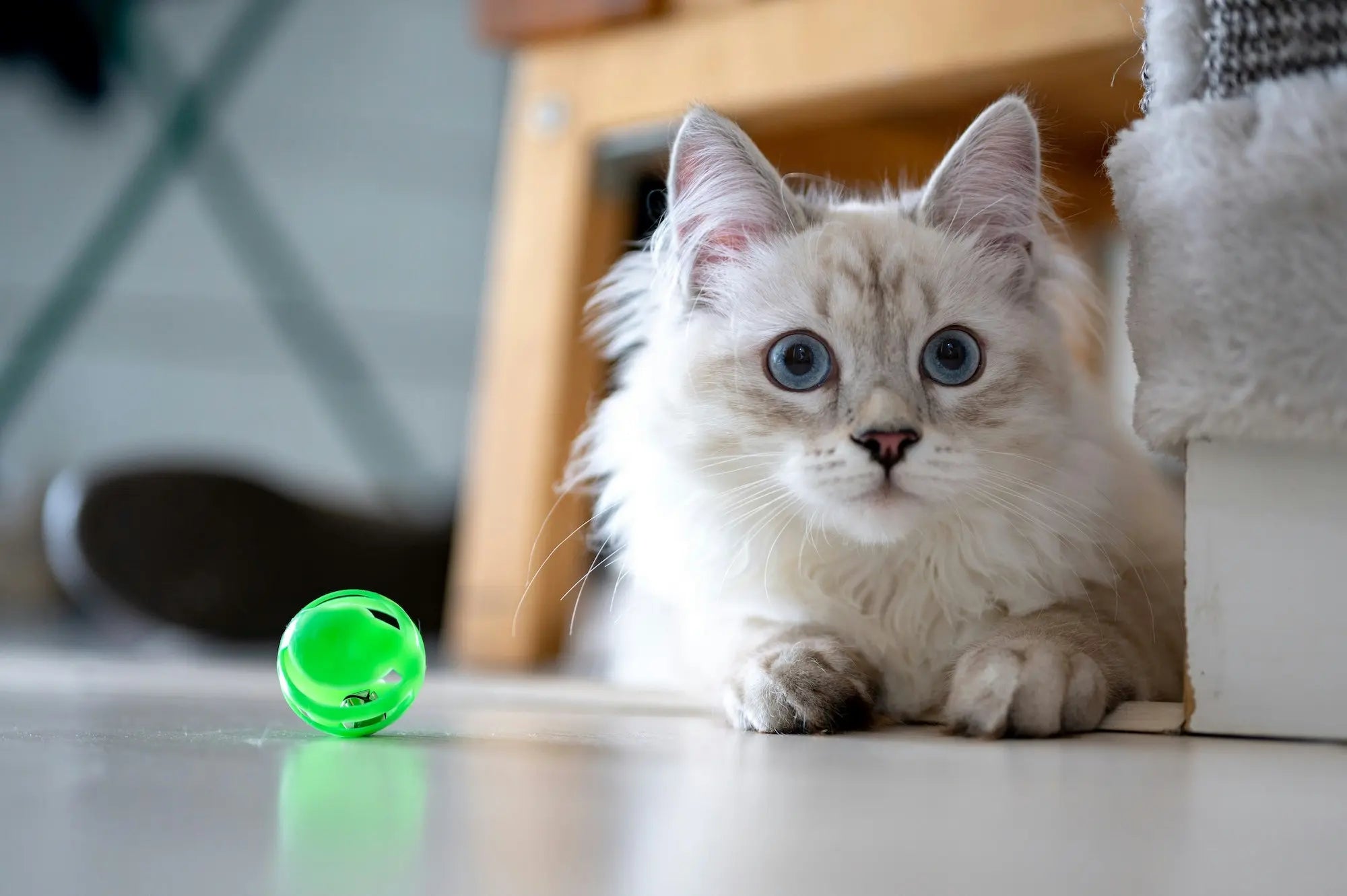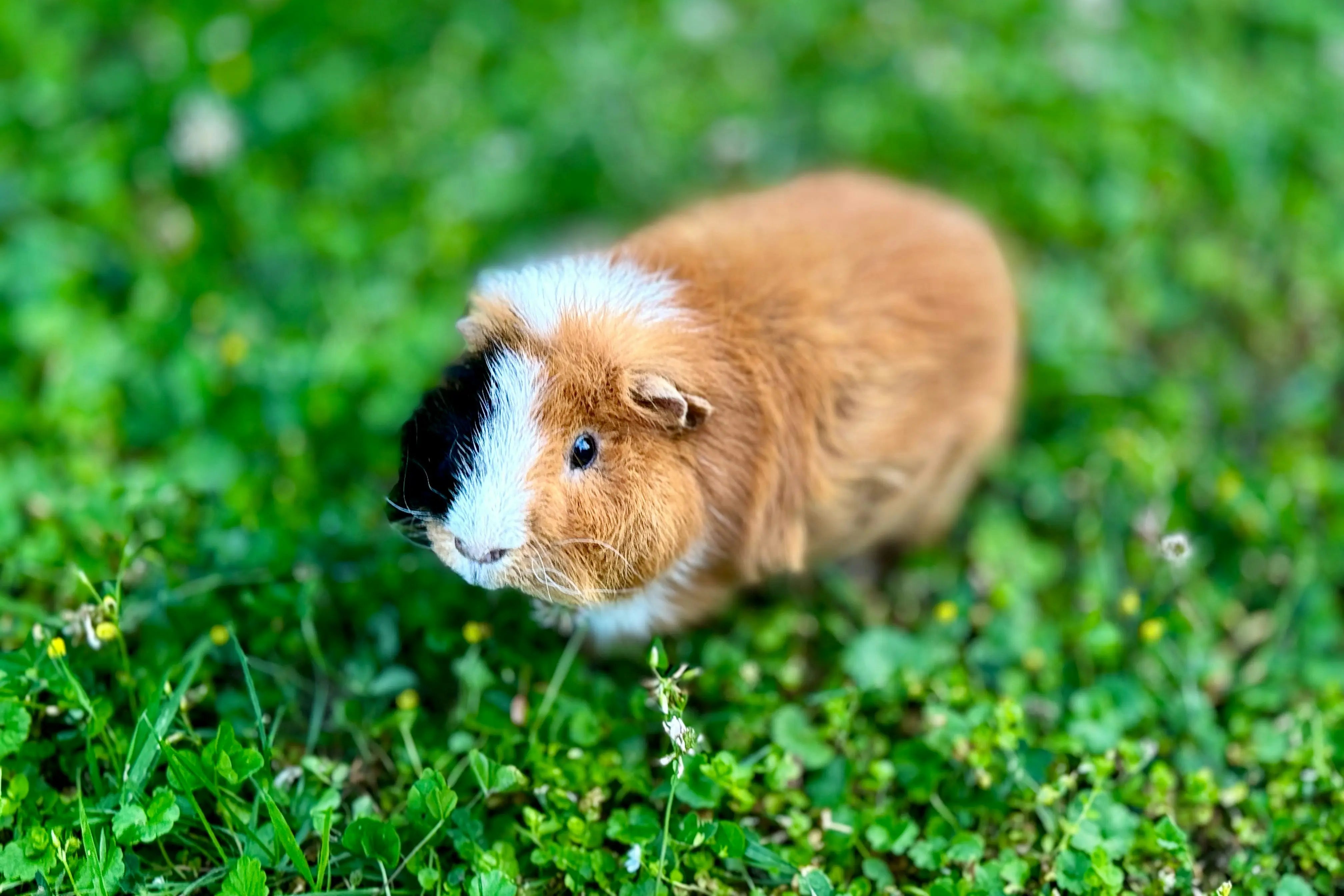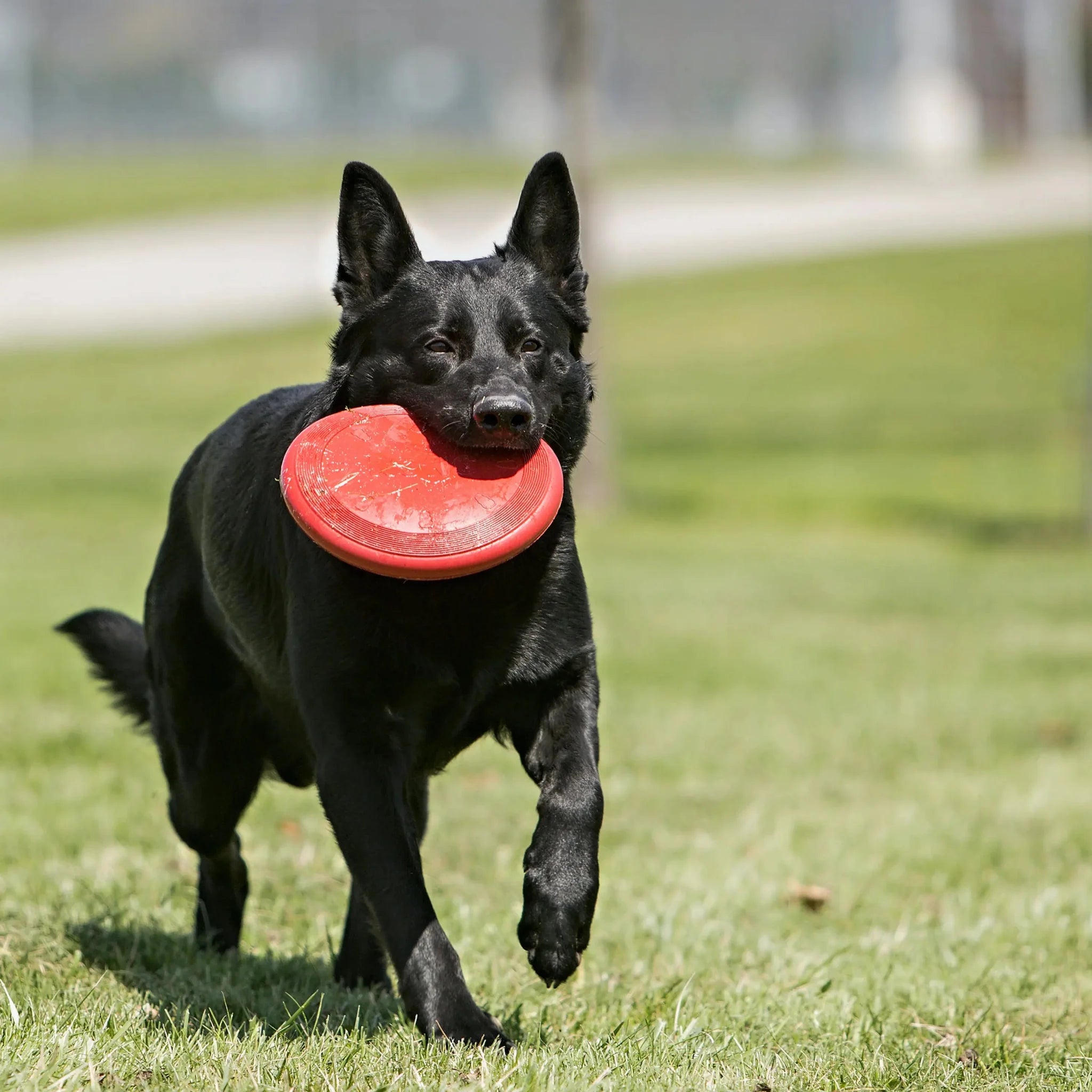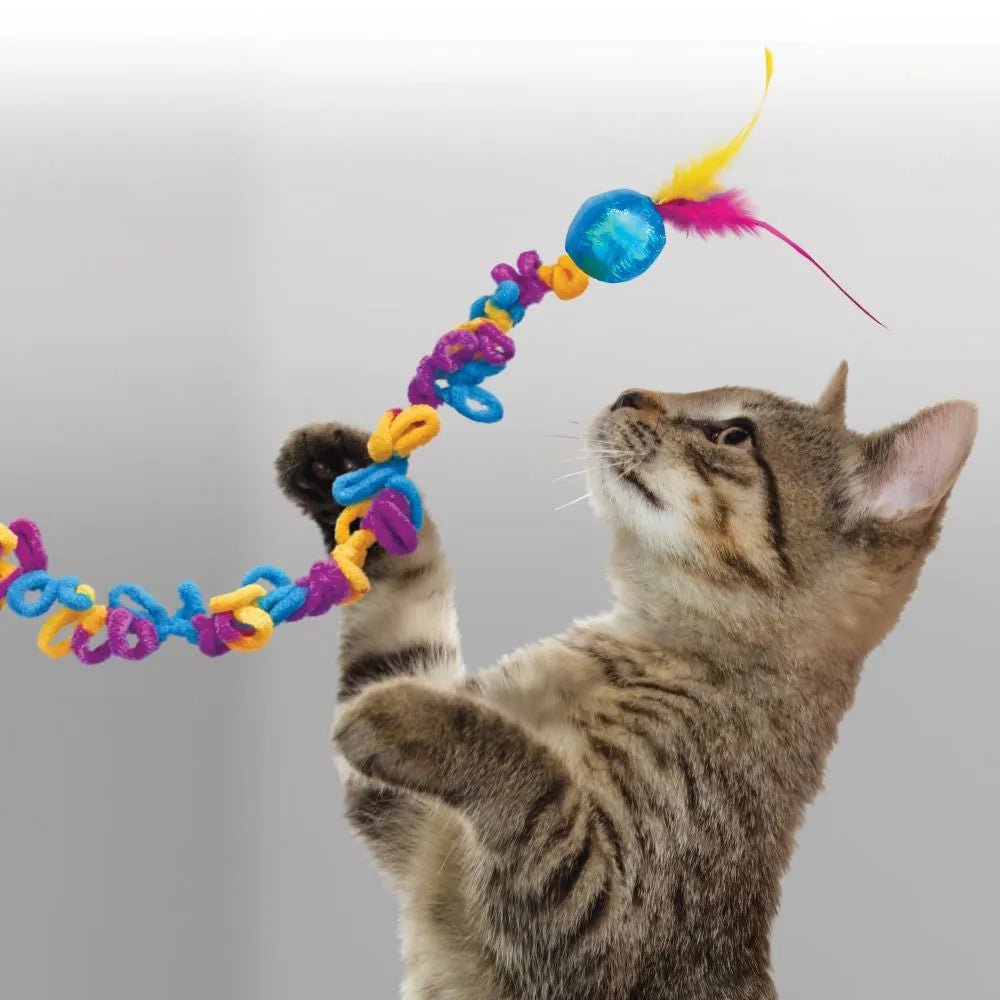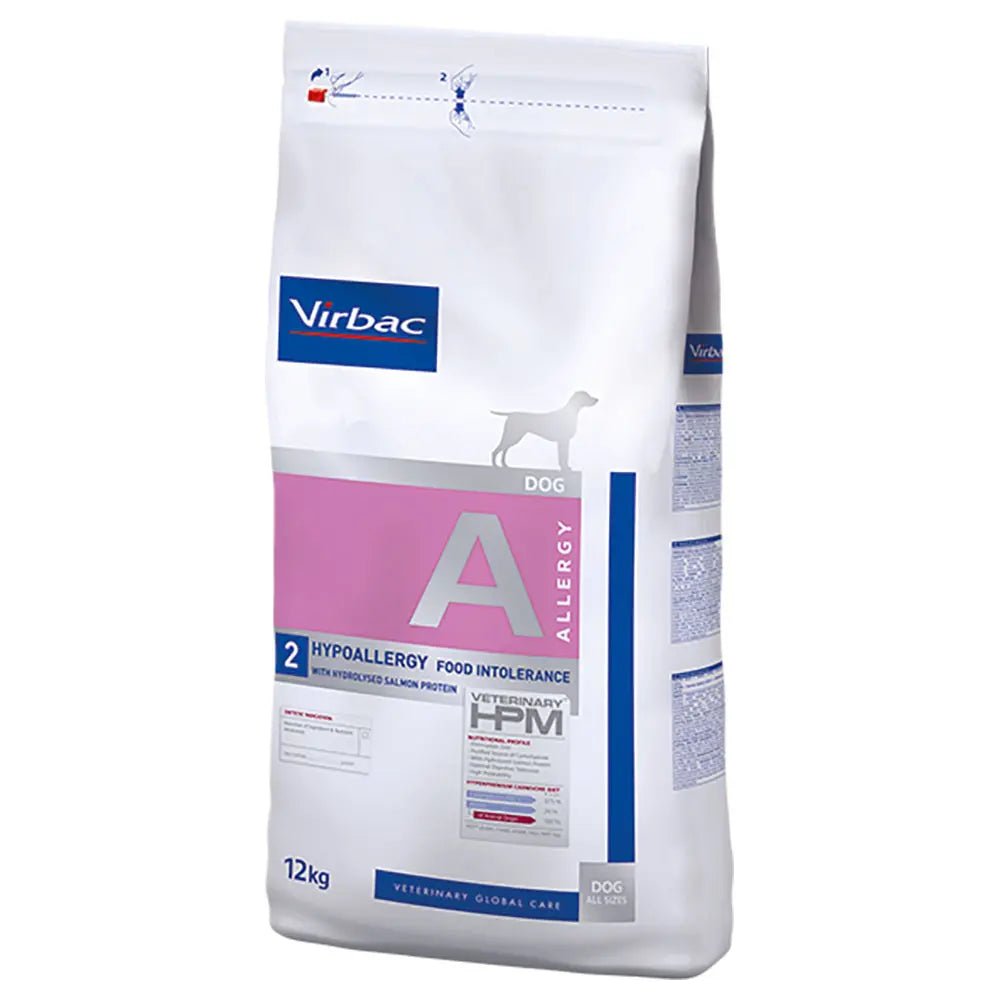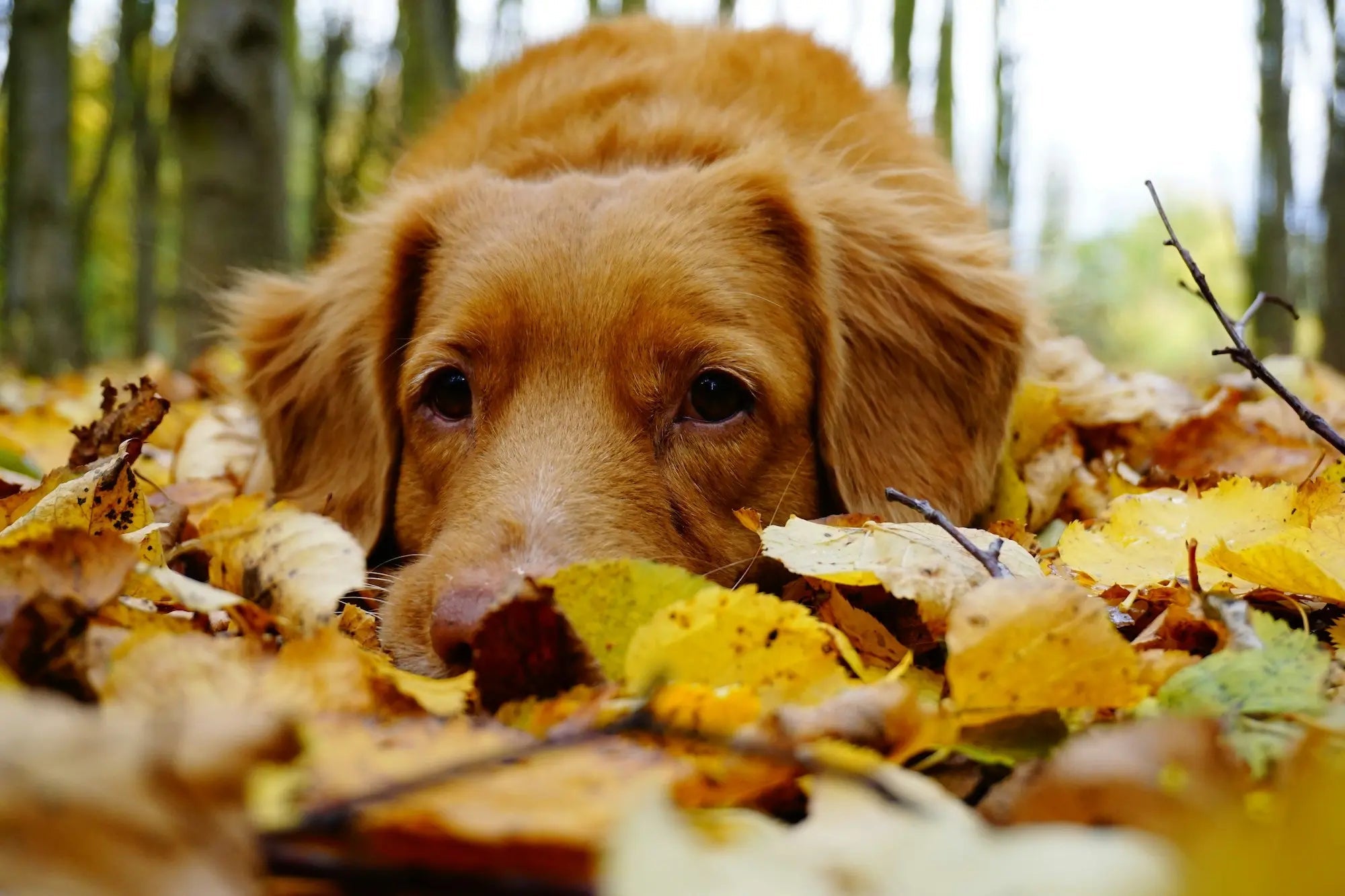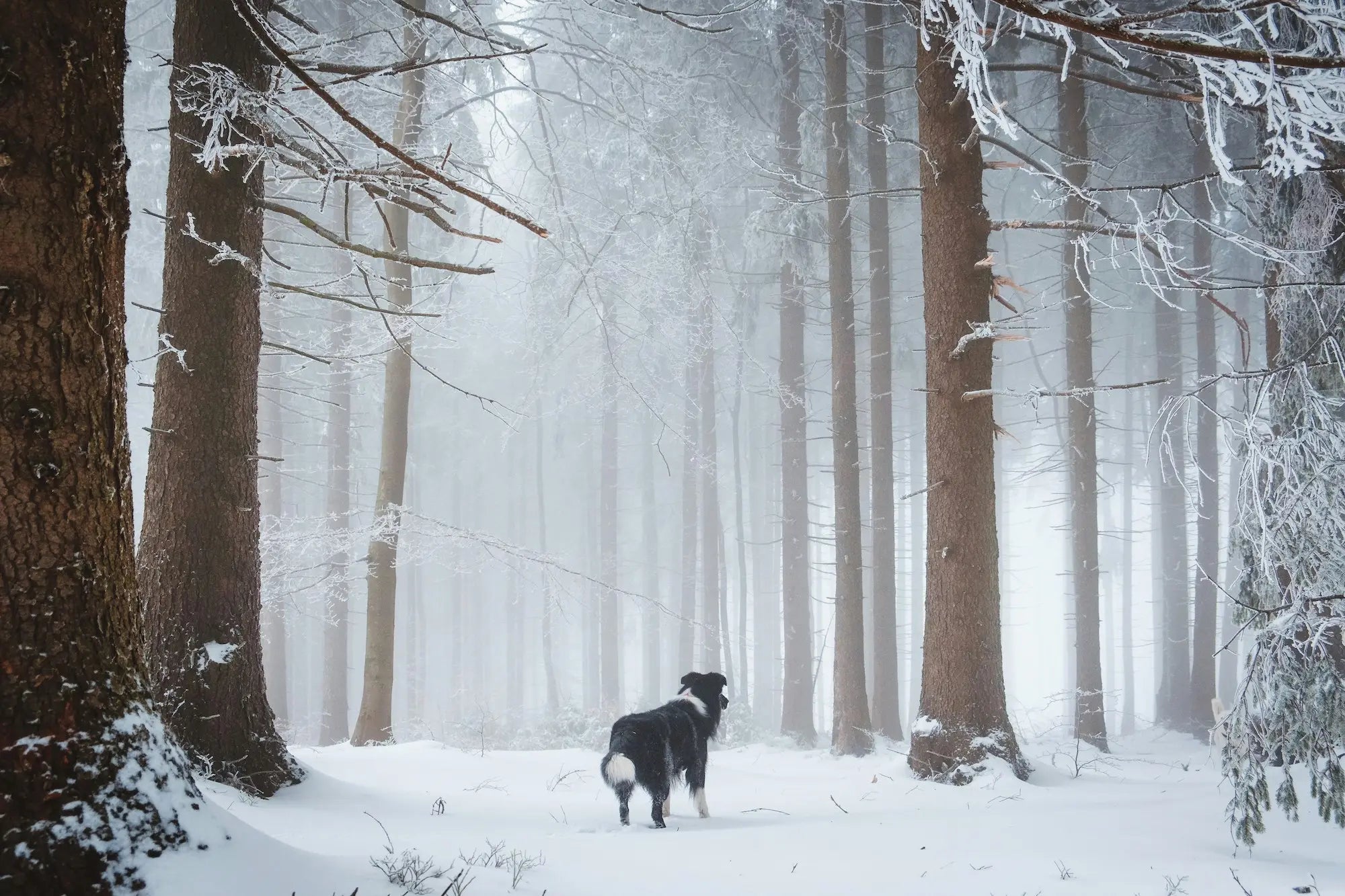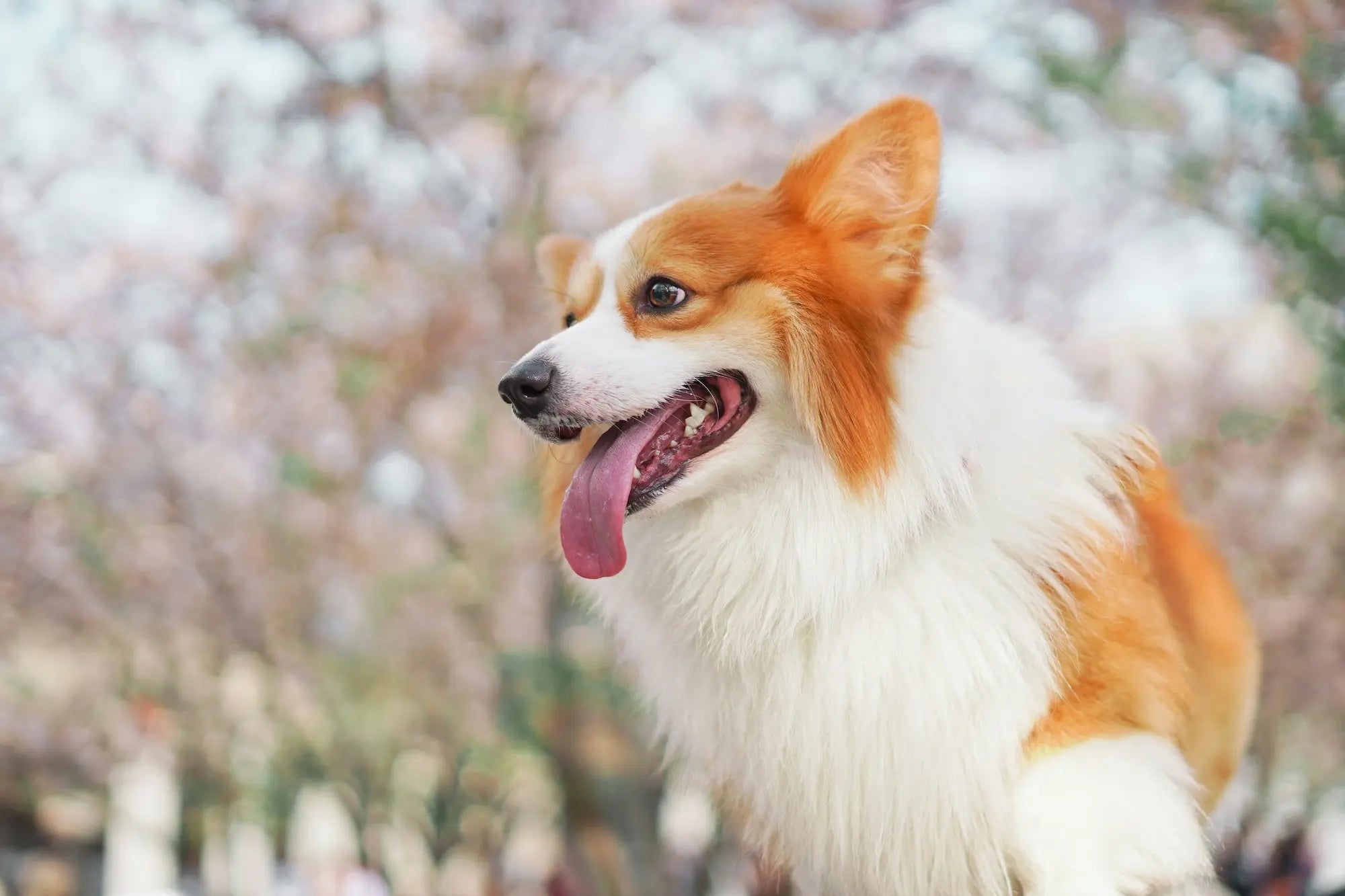Bringing a puppy home is exciting and fun, but it is also a big responsibility that requires careful preparation. In many ways, getting a puppy can be compared to having a baby. The home must be child-proofed (read: puppy-proofed), the right food for sensitive stomachs must be ready, and you must be prepared to clean up both pee and poop. In addition, it is a good idea to understand the puppy's nature by familiarizing yourself with its physical and mental needs. It may all seem a little overwhelming, but fear not - we are here to help you! In this blog post, we have collected the answers to some of the most common questions regarding puppy development and what happens in the different weeks .

Week 8
The puppy's first weeks are exciting and fascinating to follow. As a rule, the puppies are with the breeder until week 8, and you can finally take the little furball home to its new family. The first week will most likely be characterized by a lot of new things, both for you and the puppy. This is where an important foundation is formed for the bond between owner and pet. Therefore, it is important to familiarize yourself with basic knowledge about the puppy's needs.
What do you need for a puppy?
Before you even pick up your puppy, it's a good idea to know what you actually need, so that you can have the necessary equipment in place. A good starting point is to think about the basic daily needs such as food, sleep, potty breaks and hygiene. In other words: the same needs that you yourself experience in everyday life. In all simplicity, the puppy needs a safe place to sleep , puppy food , equipment for walks , toys , hygiene products , a transport cage and treats . Last but not least: patience and lots of love from his new best friend (you)!
Read more about what you need for a puppy here!
The first nights with a puppy
Like human children, nights can be a bit more of a challenge for puppies too. The furry little one may miss both his siblings and his mother. Therefore, it is important that you make arrangements as best as possible so that he feels both safe and comfortable . A comfortable bed is a must, and it may be a good idea for you not to sleep too far apart from each other. Some people choose to sleep in the same room as the puppy for the first few nights. Also, make sure that the food bowl and water are easily accessible so that he doesn't have to search for a long time if he gets thirsty or hungry in the middle of the night.
Read more about the first nights with a puppy here!
How often does a puppy pee?
Puppies have small bodies and therefore small bladders. This means that a puppy will urinate frequently. Young puppies should be taken out to urinate every hour , as well as after sleeping, before bedtime, in the middle of lively play, and right after a meal.
Read more about how often a puppy needs to pee here!
Week 9
After your puppy has settled into their new home and is feeling secure, it's time to start thinking about establishing some routines. It's important to remember that patience is a virtue, especially when it comes to potty training. None of us are born fully trained, and it often takes some time for routines to become a habit.
How to get the puppy to stay indoors?
For many new dog owners, this is an important question. We understand that you want to get your puppy house trained as soon as possible, and the right approach will really pay off in the long run. However, you should be prepared that it may take some time for your puppy to be fully house trained. Be patient and try to understand the signals that your little one needs to go potty. It is also a good idea to have the walking equipment readily available so that you can rush out. As with other training, positive reinforcement is effective, so aim to praise your puppy when he goes to the bathroom outside, rather than punishing him for going inside. He will most likely not understand this anyway, and can potentially only make him scared and confused.
Read more tips on how to housetrain your puppy here!
How much food should a puppy have?
Good feeding habits are an important part of a healthy and balanced diet. The exact amount in the food bowl will vary depending on the breed, size of the dog, type of food and activity level. Most food manufacturers state the serving size on the packaging . This means that the answer can vary. If your puppy has special needs or needs help with weight control, we recommend consulting a veterinarian.
Read more about how much food a puppy should have!
Week 10
We have now reached the stage in the puppy's development where it wants to explore a little more, and most will become even more independent in the weeks ahead. You as the owner probably don't have the opportunity to stay at home all the time either. In other words, it may be a good idea to start getting your dog used to being home alone. At the same time, it can be beneficial to gain a greater understanding of dog behavior, so that training and lifestyle match the puppy's life course.
How much does a puppy sleep?
When you are getting into a daily routine and setting a framework for everyday life, it is smart to take into account your puppy's sleep pattern. Puppies need a lot of sleep, and on average puppies sleep between 12 and 14 hours a day. The youngest puppies can need up to 20 hours ! Sleep time is distributed throughout the day, but as a rule, the puppy sleeps for longer periods at night and shorter periods during the day.
Read more about how much a puppy sleeps here!
Puppy biting
Puppy biting is a common behavior during the puppy period, and is a result of the puppy's innate instinct. Therefore, there is no point in physical punishment if you have a puppy that likes to bite. Instead, it is beneficial to understand where the need to bite comes from, and arrange at home so that it does not harm objects and things you love. Some of the most common reasons why a puppy bites are that it is getting teeth, such as play, to explore, hunting instinct, fear and stress or bite errors . A smart measure is to prevent biting by providing enough stimuli and play, but you can also consult a veterinarian if you want behavioral advice.
Here you can read more information and tips about puppy biting!
When can the puppy be alone?
During the first few weeks of life, the puppy gets used to being surrounded by its canine family, and it also depends on its mother for survival. Therefore, accustoming the dog to being alone at home is a gradual process. Training is important here , and it must be done at a slow pace.
Read more about when your puppy can be left alone and how home alone training can be set up!
Week 11
As you get to know each other better and get the basics down, you can start to focus more on socialization and exercise. For example, you can start small by practicing walking nicely on a leash.
How far can a puppy walk?
Training, fresh air and exercise are important, both for adult dogs and puppies. However, a puppy cannot necessarily walk as far as a fully grown dog. You have to take into account the growing body and remember that it is still developing. This means that it is a good idea to plan your walks in advance. Think about what kind of surface you will be walking on. For example, an uneven and soft surface found in the forest is less stressful than walks on asphalt. However, the walks should still not last several hours. For walks at a steady pace on flat ground, you can follow the following rule of thumb: the puppy's age in weeks is the corresponding number of minutes the walk should last.


